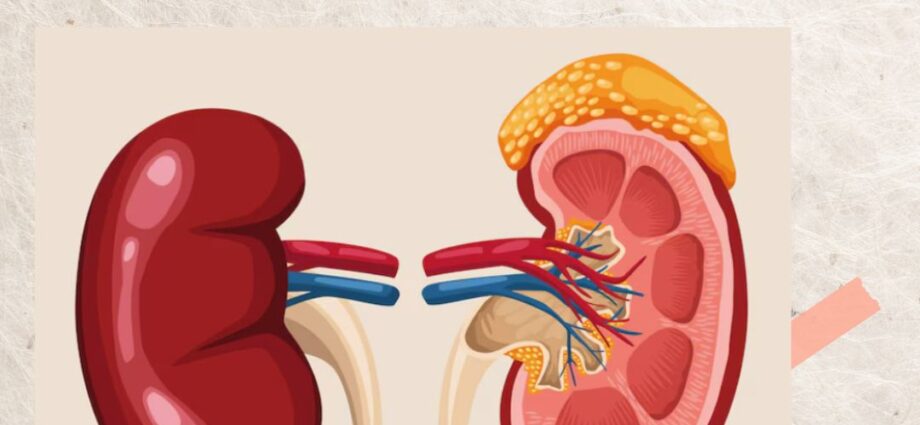Introduction
Proper hydration is essential for overall health, but its role in kidney function is particularly crucial. The kidneys play a vital role in filtering waste products and excess fluids from the blood, maintaining electrolyte balance, and regulating blood pressure. Adequate hydration supports these functions by ensuring optimal blood flow to the kidneys and promoting the elimination of waste products through urine. In this blog, we’ll explore the importance of hydration for kidney health, along with practical tips to ensure you stay adequately hydrated.
Understanding the Role of Hydration in Kidney Function
The kidneys filter approximately 120 to 150 quarts of blood each day, producing about 1 to 2 quarts of urine containing waste products and excess fluids. This filtration process relies on a sufficient intake of fluids to maintain adequate blood volume and pressure within the kidneys’ filtration units (nephrons). When you’re dehydrated, the kidneys conserve water by reducing urine output, which can lead to concentrated urine and potentially the formation of kidney stones or urinary tract infections (UTIs).
Furthermore, chronic dehydration may impair kidney function over time, increasing the risk of kidney disease or kidney damage. Proper hydration supports kidney health by:
- Maintaining Blood Flow: Adequate hydration helps maintain optimal blood flow to the kidneys, ensuring efficient filtration and waste removal.
- Preventing Kidney Stones: Sufficient fluid intake dilutes urine and reduces the risk of crystallization, which can lead to kidney stone formation.
- Supporting Electrolyte Balance: Electrolytes like sodium, potassium, and chloride are crucial for kidney function. Proper hydration helps maintain electrolyte balance in the body.
- Regulating Blood Pressure: The kidneys play a role in regulating blood pressure. Dehydration can lead to a drop in blood pressure, potentially compromising kidney function.
Hydration Tips for Kidney Health
Now that we understand the importance of hydration for kidney function, let’s explore practical tips to support optimal hydration and kidney health:
1. Drink an Adequate Amount of Water Daily
The Institute of Medicine recommends that men drink about 3.7 liters (or 13 cups) of fluids per day, and women drink about 2.7 liters (or 9 cups) of fluids per day. This includes water, herbal teas, and other beverages without added sugars or caffeine.
2. Monitor Your Urine Color
Check the color of your urine regularly. Ideally, urine should be pale yellow to clear. Darker urine may indicate dehydration, while excessively clear urine could suggest overhydration.
3. Space Out Your Fluid Intake
Rather than drinking large amounts of fluids at once, distribute your intake throughout the day. This helps maintain hydration levels and supports kidney function consistently.
4. Include Hydrating Foods in Your Diet
Fruits and vegetables with high water content, such as cucumbers, watermelon, oranges, and celery, can contribute to your overall fluid intake.
5. Limit Caffeine and Alcohol
Caffeine and alcohol can have a diuretic effect, increasing urine output and potentially leading to dehydration if consumed excessively. Limit these beverages and balance them with water intake.
6. Consider Your Activity Level and Climate
Hot weather, physical activity, and sweating increase fluid loss. Adjust your fluid intake accordingly to replace lost fluids and maintain hydration.
Kidney Health Routines
Maintaining kidney health goes beyond just staying hydrated. Implementing a comprehensive routine that includes a balanced diet, regular exercise, and mindful lifestyle choices can significantly contribute to optimal kidney function. Here are some essential routines to incorporate into your daily life for healthy kidneys:
1. Balanced Diet
- Eat Nutritious Foods: A diet rich in fruits, vegetables, whole grains, and lean proteins supports overall health and kidney function. Foods like berries, leafy greens, and fish are particularly beneficial.
- Limit Sodium Intake: High sodium levels can increase blood pressure and strain the kidneys. Aim to consume less than 2,300 milligrams of sodium per day.
- Control Protein Intake: While protein is essential, excessive amounts can put extra stress on the kidneys. Consult with a healthcare provider to determine the appropriate protein intake for your needs.
- Stay Mindful of Potassium and Phosphorus: People with kidney issues may need to regulate their intake of potassium and phosphorus. Foods like bananas, potatoes, dairy products, and certain nuts should be consumed in moderation or as advised by a healthcare professional.
2. Regular Exercise
- Stay Active: Engage in at least 150 minutes of moderate-intensity exercise per week, such as brisk walking, cycling, or swimming. Regular physical activity helps maintain a healthy weight, reduce blood pressure, and improve kidney function.
- Strength Training: Incorporate strength training exercises at least twice a week. Building muscle can help manage blood sugar levels and reduce the risk of chronic diseases affecting the kidneys.
3. Mindful Lifestyle Choices
- Avoid Smoking and Excessive Alcohol Consumption: Both smoking and excessive alcohol can damage the kidneys. If you smoke, seek help to quit. Limit alcohol intake to moderate levels, defined as up to one drink per day for women and up to two drinks per day for men.
- Monitor Blood Pressure and Blood Sugar: High blood pressure and diabetes are leading causes of kidney disease. Regularly check your blood pressure and blood sugar levels, and follow your healthcare provider’s recommendations for managing these conditions.
- Stay Informed and Proactive: Regular check-ups with your healthcare provider, including kidney function tests, can help detect issues early and manage them effectively.
Consult with Your Healthcare Provider
Individual hydration needs can vary based on factors such as age, health conditions, medications, and pregnancy. Consult with your Kidney Care Centre Coimbatore provider to determine your specific fluid intake requirements.
Conclusion
Hydration plays a critical role in supporting kidney health by ensuring optimal blood flow, electrolyte balance, and waste removal through urine. By following these hydration tips and maintaining a consistent fluid intake, you can support your kidneys’ function and overall well-being. Remember that staying hydrated is not just about drinking water but also making mindful choices throughout the day to support your body’s hydration needs. Prioritize your kidney health by staying informed and proactive about your fluid intake habits.
Incorporating these hydration tips into your daily routine can contribute to long-term kidney health and help prevent potential complications associated with dehydration. By taking proactive steps to stay hydrated, you are investing in your overall health and well-being, with your kidneys benefiting as a crucial part of that equation.



